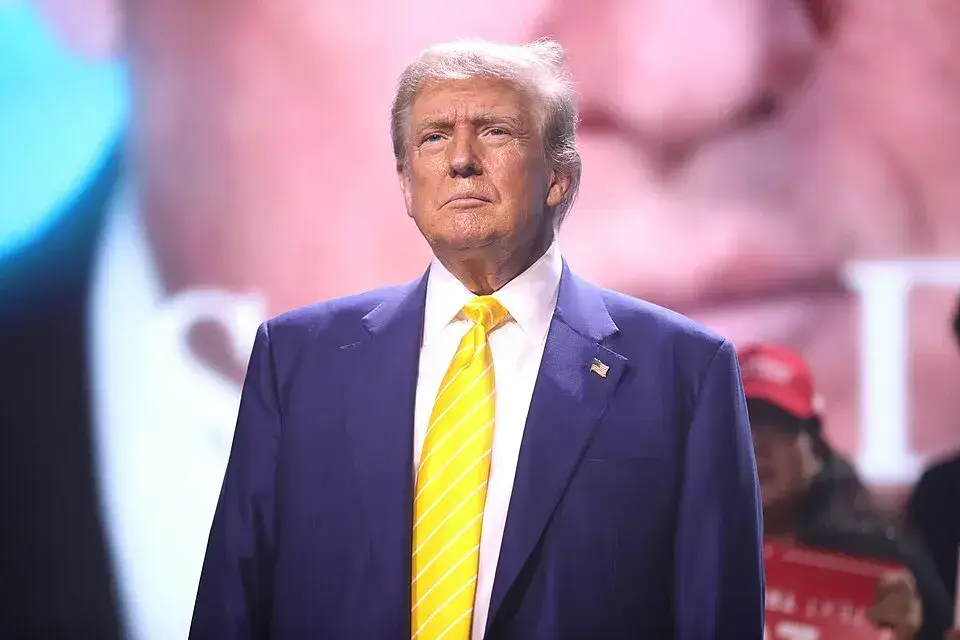With total secrecy and reinforced surveillance, delegates began talks in Switzerland to find a middle ground in the trade war.

The United States and China concluded the first of two days of direct negotiations on Saturday, seeking to ease the tariff dispute that has rattled global supply chains.
The delegations — led on the U.S. side by Treasury Secretary Scott Bessent and Trade Representative Jamieson Greer, and on the Chinese side by Vice Premier He Lifeng — met for approximately three hours in the morning. After a break for lunch, taken separately, talks resumed in the afternoon.
The international press, including reporters who traveled from Beijing and Washington, were able to observe the comings and goings of the delegations but were not granted access to the meeting itself.
The discussions took place at the residence of the Swiss ambassador to the United Nations in Geneva — a luxurious estate with lake views — offered by the Swiss government as a neutral venue to facilitate dialogue.
Despite attempts by both parties to keep the meeting location confidential, a leak quickly spread, allowing journalists to gather outside. However, tight security and restrictions enforced by local police at the request of both countries’ intelligence services kept them at bay.
China entered the talks with a degree of economic momentum, bolstered by data released Friday showing its exports had grown by 8% in April — a stark contrast to the 21% drop recorded by the United States that same month.
Through its state media, the Chinese government framed its participation in the talks as an act of responsibility and acknowledged that improved communication between the world’s two largest economies is essential to avoiding misunderstandings.
Yet Beijing also reaffirmed its strong opposition to Washington’s tariff escalation. “Any form of pressure or coercion simply will not work,” a Chinese official warned.
On the U.S. side, President Donald Trump had set the tone the day before the talks, stating that reducing tariffs on China by 80% would be “appropriate.” However, sources in Washington had previously floated a lower figure of 60% ahead of the Geneva meetings.
Talks are set to resume on Sunday.
Keep Independent Journalism Alive
In a world flooded with noise, independent journalism is more vital than ever. We work hard to bring you clear, accurate, and unbiased international news — free from corporate or political influence.If you believe in the power of honest reporting, please consider making a donation. Every contribution, big or small, helps us stay independent and keep the world informed.
Support us via PayPalYour support makes a difference.

